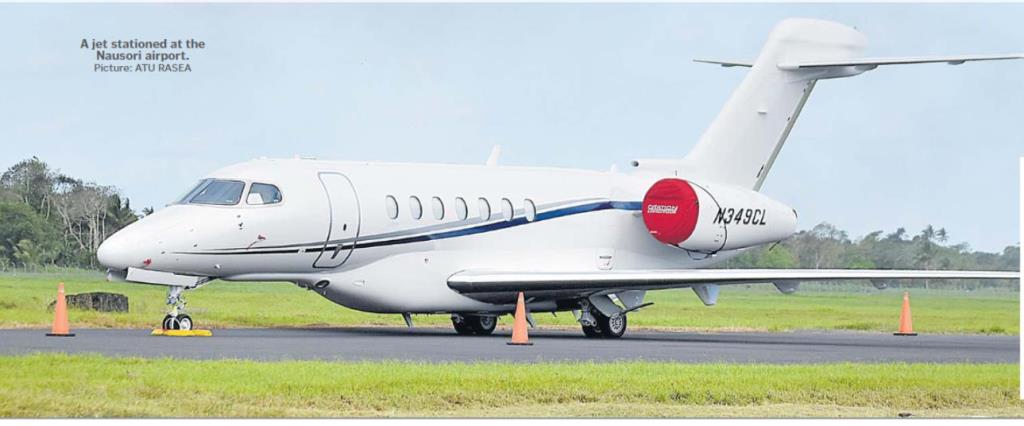The use of a jet currently stationed in Fiji is for the use of all Pacific leaders, says Home Affairs Minister Pio Tikoduadua.
He said the plane was owned by the US government and “was simply an exchange made based on bilateral ties”.
“We have development partners and that includes the United States, countries like Australia, probably more regularly, they make available to us assets that they have, they own, or they influence, for our use to assist in governance in different areas of national and regional leadership,” he said.
“So, this is the case in point. It is not an issue of concern. We have development partners who, every once in a while, come and help us on matters and they assign to us some of their national assets to help us do what we want to do.”
This, he said, included transportation by way of air travel and air services.
“There is a jet that’s out there in Nausori. It belongs to the US Government and it’s an asset of the US Government and it is available not only to Fiji but Pacific leaders.
“We are also expecting three planes from Australia, C-27s that will be dedicated just like that one, but parked in Nadi for us to use and this has been made available to us for a certain window. It has also been to other Pacific Island nations.”
Mr Tikoduadua said maintenance of the aircraft would be the responsibility of the Americans.
The aircraft from Australia would arrive next year and would be used to transport supplies and conduct surveys.
A US embassy spokesperson said the plane was contracted to facilitate travel for official purposes in Fiji and throughout the Pacific region.
“The plane is funded by the US government and managed through a State Department contract. The plane will enable travel for Fijian leaders and leaders from other Pacific nations when commercial routes are not viable or in emergency situations.
“The plane is part of the United States’ commitment to deepening engagement with Pacific Island countries by expediting in-person linkages between US officials and our Pacific partners and between Pacific partners themselves.”



